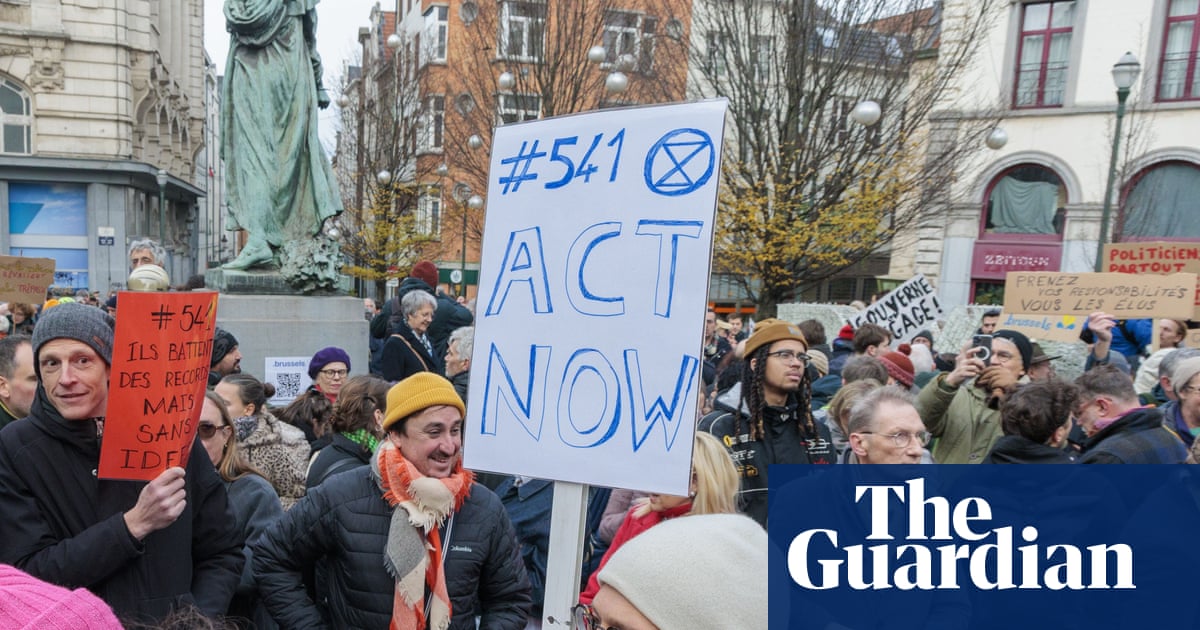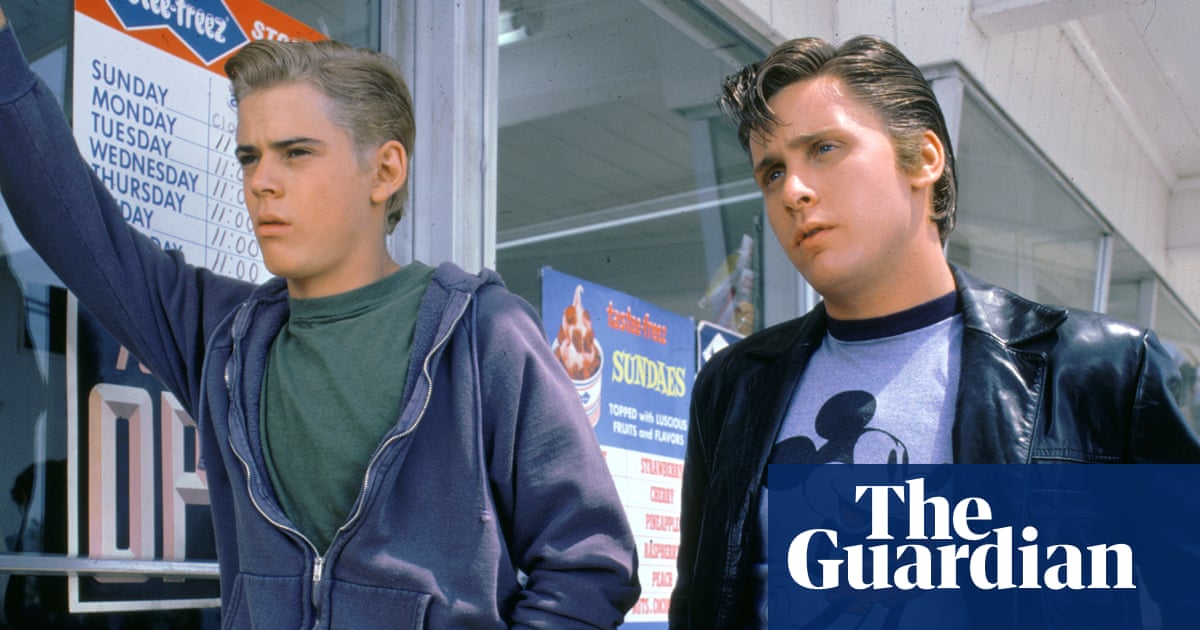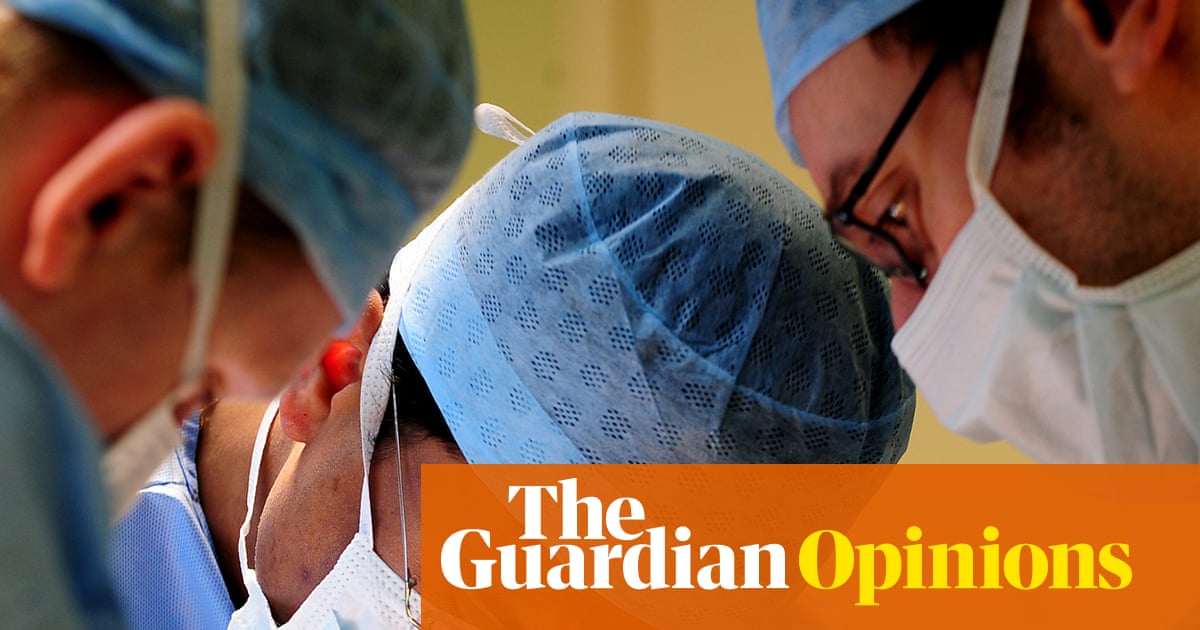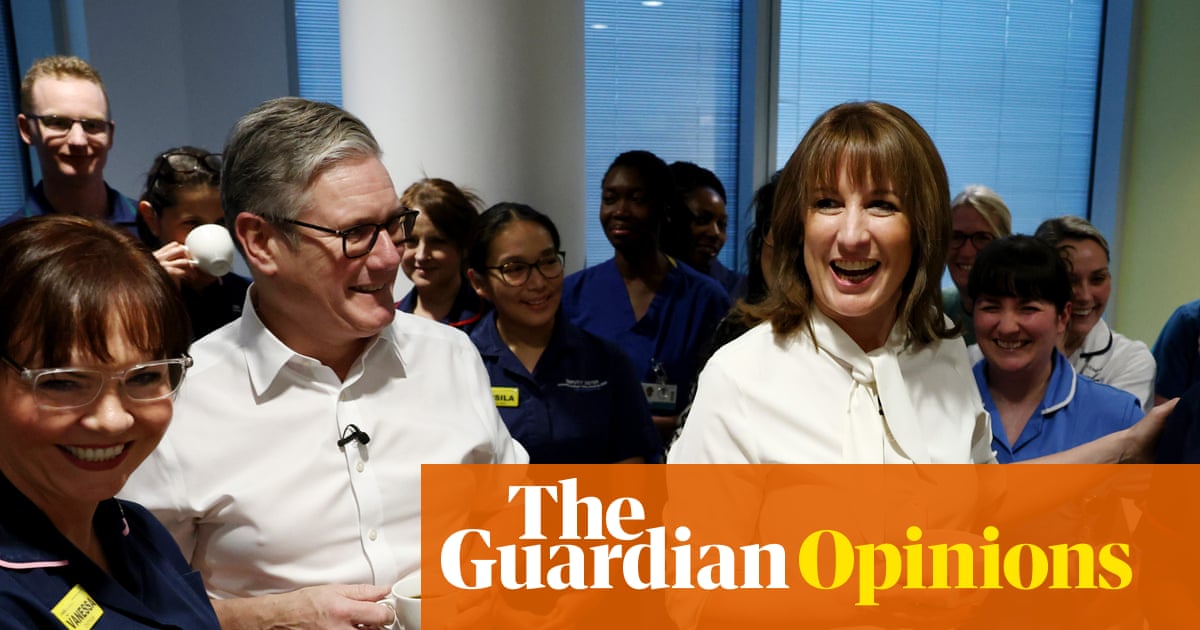This year so far, some of the biggest pharmaceutical corporations in the world have withdrawn about £2bn in proposed investment from the UK. One has even threatened to withhold new medicines from NHS patients. Taken together, it’s hard not to conclude that big pharma is at war with the UK.
Merck has scrapped a £1bn research facility, while AstraZeneca ditched a £450m vaccine lab and is rethinking an expansion of another research unit. Bristol Myers Squibb (BMS) has cancelled 34 partnerships with the NHS in the last year, and Eli Lilly, Sanofi and Novartis are all believed to have put investments “on hold”. BMS is also threatening to play hardball with its new schizophrenia drug, saying it is “prepared to make the difficult decision” to “walk away” if the NHS won’t pay the price the corporation wants to charge.
One senior government official told the Financial Times that it appeared the companies were working together, saying that the machine-gun rapidity of the industry’s threats “looks very coordinated”. They labelled the behaviour “sinister”, and said they’d “never seen anything like this before”. (The chief of the Association of the British Pharmaceutical Industry said that such an accusation is “very serious” and “categorically untrue”.) Three NGOs, including the one I work for, have asked the Competition and Markets Authority to investigate this further.
One way to understand the industry’s actions is as a full-scale capital strike, in which international capital refuses to invest in order to bully a government into concessions. In this case, the obvious point of contention is NHS drug spending. The industry has long had it in for the National Institute of Health and Care Excellence (Nice), the body that allows the NHS to judge the value of medicines and, in effect, negotiate prices down. And it is even less happy with the voluntary scheme for branded medicines pricing, access and growth (VPAG), which allows the government to claw back some of its revenue when prices paid by the NHS rise too fast – a programme that the industry has labelled “unsustainable”. In short, big pharma hates the power the NHS has to force down its obscene prices. And it uses every opportunity to push back on this power.
The latest opportunity comes in the shape of Donald Trump. It is no coincidence that big pharma’s screams became hysterical around the time of the US president’s recent state visit to the UK. Trump needs to be seen to be dealing with eye-watering medicine prices in the US, the country where the drug industry really makes its money.
Traditionally, the US did little to contain medicine prices. Biden had started to confront the industry, forcing companies to negotiate prices. Trump’s solution is different – true to type, he believes the problem is not profiteering corporations in desperate need of regulation, but freeloading foreigners. He’s given pharma companies until the end of the month to start equalising global prices. No one knows what will happen next, though tariffs of up to 200% have been suggested.
In his tariff pact with Trump earlier this year, Starmer pledged to “improve the overall environment for pharmaceutical companies”. Trump has not forgotten. In a “frosty” meeting with Rachel Reeves earlier this month, the US’s billionaire ambassador to London strongly pushed the chancellor to offer companies a better deal on drug pricing.
Big pharma uses any crisis as an opportunity to boost its already inflated profits. With Trump’s support, it’s determined to push its long-term goals.
It simply isn’t the case that Britain pays too little for its medicines. Last year, NHS England spent close to £20bn on medicines and devices. Research has repeatedly shown that branded medicines are actually too expensive, rather than too cheap, for the benefits they offer to patients, even with the rebates and clawbacks.
The truth is that big pharma is already one of the most profitable industries in the world. Diverting more of the NHS’s stretched budgets to please these fantastically wealthy global corporations will not help patients. The science minister, Patrick Vallance, said this week that significant price rises were necessary to end the dispute. Wes Streeting, the health secretary, has so far stood his ground, saying correctly that he’s already made a generous offer. For all our sakes, the government must stand firm.
It probably is the case that Britain underinvests in medical research. But handing blank cheques to big pharma won’t get us better drugs. Instead, we must seize this opportunity to end the stranglehold these companies have over our healthcare, and restructure the way we make our medicines. This will cost money. But medicines cost the public a fortune anyway.
We should work with countries across Europe to build world-class, publicly controlled medical research capacity. Then, rather than handing over that research to the pharma industry, we must develop a different model that allows for the sharing and licensing of research in a way that supports international collaboration to produce better medicines for all.
after newsletter promotion
In the meantime, we need to build manufacturing capacity. The state doesn’t have to produce every medicine we need, but we do need more public capacity so we can never again be held to ransom.
Finally, we should work with countries in the global south to help boost their research and production capacity too, breaking big pharma dominance internationally as well as nationally.
Big pharma thrives on domination, bullying and exclusion. The NHS was built on exactly the opposite principles. Let’s take this opportunity to extend the values with which we administer our medicines to the way we produce them.
-
Nick Dearden is director of Global Justice Now (formerly World Development Movement)

 2 months ago
71
2 months ago
71

















































